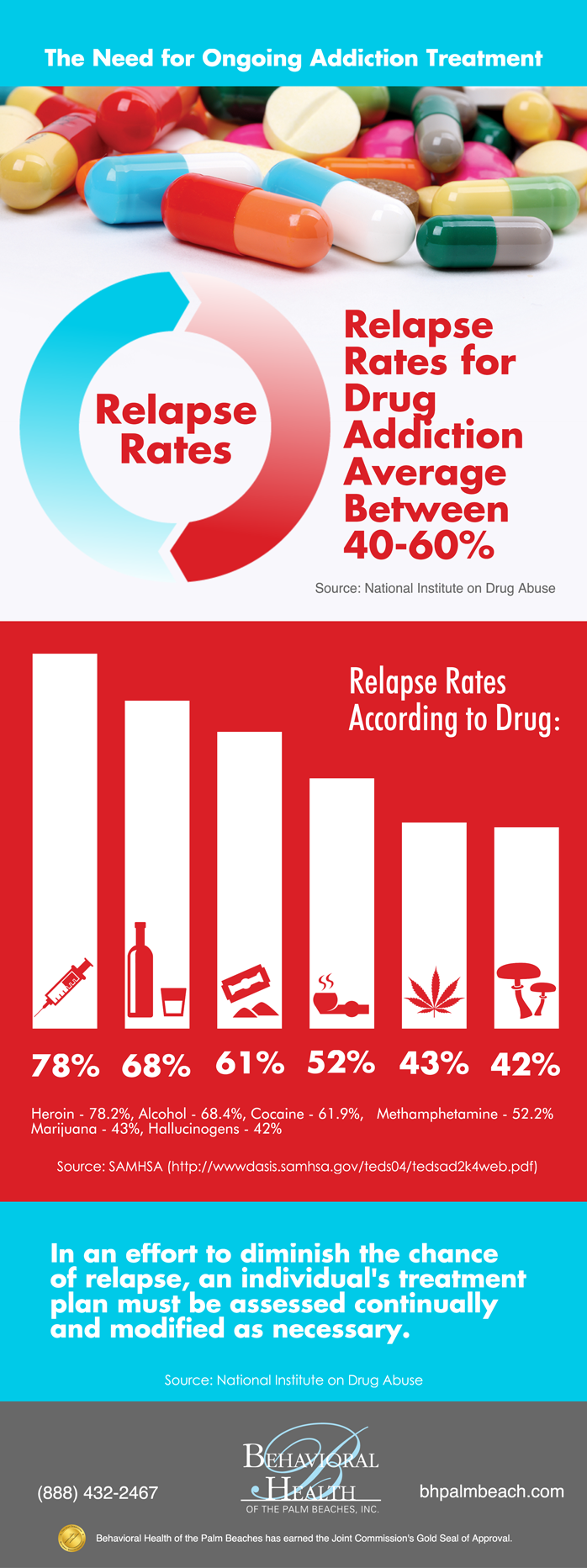Find Out Just How To Develop A Strong Aftercare Strategy After Drug Rehabilitation And Attain Lasting Success
Find Out Just How To Develop A Strong Aftercare Strategy After Drug Rehabilitation And Attain Lasting Success
Blog Article
Material Created By-Jantzen Aagaard
You've completed drug rehab, and now it's time to create an effective aftercare strategy to ensure your long-term recovery.
Photo this: you're a person figured out to stay tidy and construct a satisfying life. This write-up will certainly direct you with recognizing recurring support group, incorporating treatment and counseling, and establishing healthy and balanced coping systems.
With these techniques, you'll be furnished to prosper in your journey of soberness.
Let's begin.
Identifying Ongoing Assistance Solutions
You must recognize at the very least 3 continuous support systems to ensure a successful recuperation after drug rehabilitation.
The very first support group is your friends and family. They can offer emotional support, inspiration, and aid you stay liable. They can also supply a risk-free and understanding setting where you can share your struggles and victories.
The 2nd support group is your therapist or therapist. They can aid you resolve any kind of underlying concerns that may have contributed to your addiction and offer assistance on just how to avoid regression. They can additionally instruct you coping mechanisms and healthy ways to handle tension.
The third support group is a support system or a sober community. Being bordered by others that are experiencing similar experiences can be exceptionally useful. They can supply a feeling of belonging, recognizing, and deal important recommendations and support.
Incorporating Therapy and Therapy
To achieve an effective healing, it is very important for you to proactively participate in treatment and counseling sessions, as well as include them into your ongoing support group. By doing so, you can make the most of the benefits of these therapy modalities and enhance your chances of keeping long-lasting sobriety.
Here are some key reasons that including treatment and counseling right into your aftercare strategy is critical:
- ** Emotional Support: ** Treatment and therapy supply a risk-free area for you to express your thoughts, feelings, and struggles pertaining to your addiction. It enables you to work through any unsettled issues and develop healthy and balanced coping systems.
- ** Fall back Avoidance: ** These sessions outfit you with the essential devices and methods to avoid regression. They aid you determine triggers, establish dealing skills, and develop a strong foundation for taking care of food cravings and stress and anxiety.
- ** Personal Growth: ** Therapy and therapy facilitate personal growth and self-discovery. They help you obtain understanding right into the underlying root causes of your dependency, improve self-confidence, and develop healthier connections.
Creating Healthy And Balanced Coping Devices
During treatment and counseling sessions, it's essential to actively work on creating healthy coping mechanisms in order to properly take care of stress and challenges.
You need to determine and recognize your triggers, those things that cause you distress or anxiety. By identifying these triggers, you can develop techniques to deal with them in a healthy method. White Sands drug rehab clinics 33815 might involve exercising deep breathing exercises, participating in exercise, or locating an innovative electrical outlet to express your emotions.
It's important to additionally border on your own with a strong support system of family and friends who can provide encouragement and guidance.
In https://postheaven.net/rosalba82carmine/learn-successful-approaches-to-prevent-regression-and-acquire-long-term , self-care tasks such as obtaining enough rest, eating well, and practicing leisure strategies can considerably add to your overall wellness.
Conclusion
In the journey in the direction of recovery, developing a successful aftercare strategy is like often tending to a fragile garden. Equally as a gardener supports each plant with care and focus, so also should one cultivate recurring support group, incorporate treatment and therapy, and create healthy coping systems.
By doing so, the seeds of recuperation will bloom right into a prospering yard, offering a solid structure for a brighter, drug-free future.
